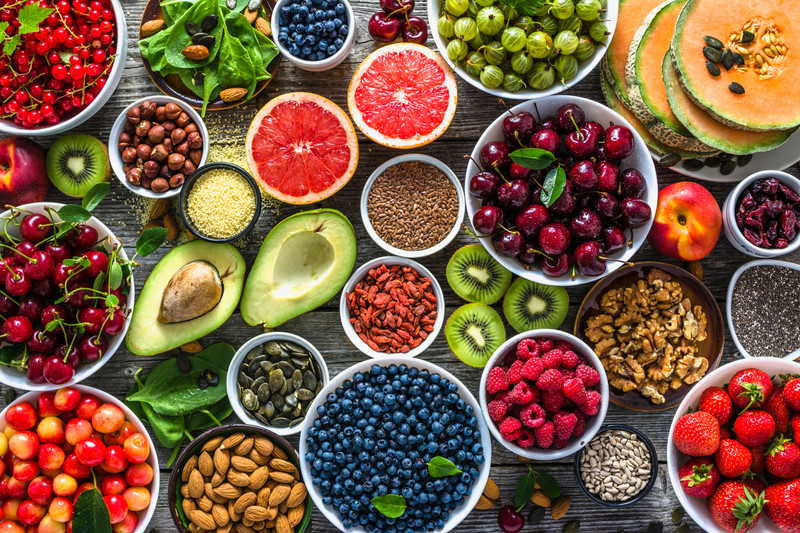As we age, our bodies go through natural changes that affect how we process, absorb, and utilize nutrients. What once worked perfectly in our twenties or thirties may no longer meet our needs later in life. Understanding how aging influences nutrient absorption, metabolism, and appetite can help you make smarter choices to maintain strength, energy, and overall well-being.
How Aging Changes Nutrient Absorption
As the digestive system slows down with age, the body becomes less efficient at absorbing key nutrients. Reduced stomach acid and changes in gut bacteria can make it harder to absorb vitamins like B12, calcium, and magnesium. Medications commonly used later in life, such as antacids or diuretics, can further interfere with nutrient absorption.
To support digestion and nutrient uptake:
-
Eat smaller, balanced meals throughout the day.
-
Include probiotic-rich foods such as yogurt, kefir, or sauerkraut.
-
Consider digestive enzyme or probiotic supplements to maintain gut health and nutrient absorption.
Metabolism and Energy Use Slow Down
Metabolism naturally declines with age as lean muscle mass decreases and physical activity levels often drop. This means older adults need fewer calories, but their nutrient requirements stay the same or even increase. The challenge becomes eating nutrient-dense foods that provide maximum vitamins and minerals without excess calories.
Focus on:
-
Lean proteins (fish, chicken, beans, eggs) to preserve muscle mass.
-
Whole grains and fiber-rich vegetables for sustained energy.
-
Healthy fats like olive oil, avocados, and nuts for heart and brain support.
Appetite and Taste May Change
Appetite and sense of taste often diminish with age, making it easy to skip meals or rely on convenience foods that lack nutrients. This can lead to unintentional deficiencies, particularly in protein, iron, and vitamins A and C.
If appetite is low:
-
Eat smaller, frequent meals rather than three large ones.
-
Add herbs and spices to enhance flavor without extra salt.
-
Choose nutrient-rich smoothies or soups for easy digestion.
Key Nutrients to Pay Attention To
As you age, certain nutrients become especially important for maintaining health and vitality:
-
Vitamin D and Calcium: Support bone strength and reduce fracture risk.
-
Vitamin B12: Maintains nerve function, mental clarity, and red blood cell production.
-
Magnesium: Supports muscle function, heart rhythm, and sleep quality.
-
Omega-3 Fatty Acids: Protect brain health and reduce inflammation.
-
Protein: Prevents muscle loss and supports recovery.
For more information on nutrients that support cognitive function as you age, visit our post on Supplements to Support Brain Health and Memory in Later Years.
A Note From Us
Aging affects every system in the body, but proper nutrition can help you age gracefully and stay vibrant. By focusing on nutrient-rich foods, supplementing where necessary, and maintaining an active lifestyle, you can support healthy aging inside and out. At Earthturns, we offer high-quality supplements designed to fill nutritional gaps and promote long-term wellness. Always consult with your healthcare provider before making changes to your supplement routine.

